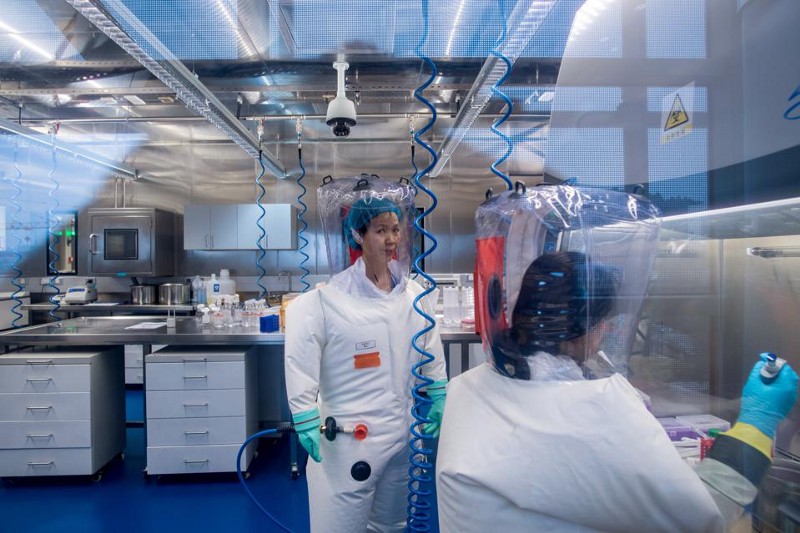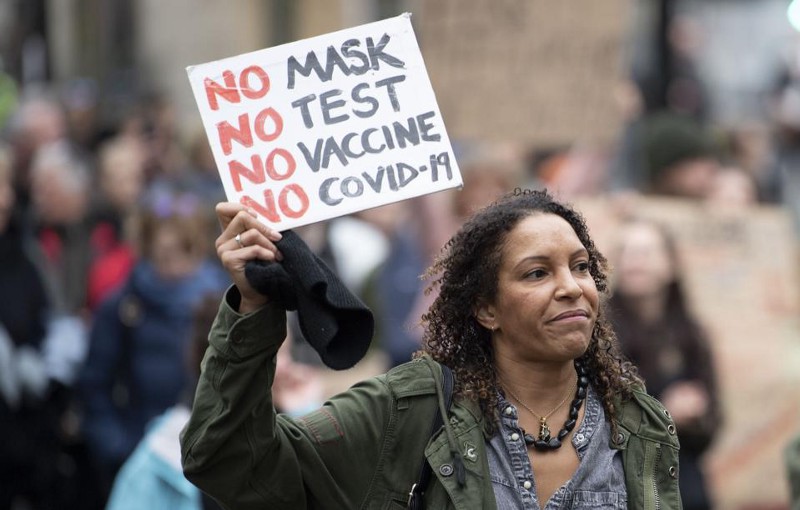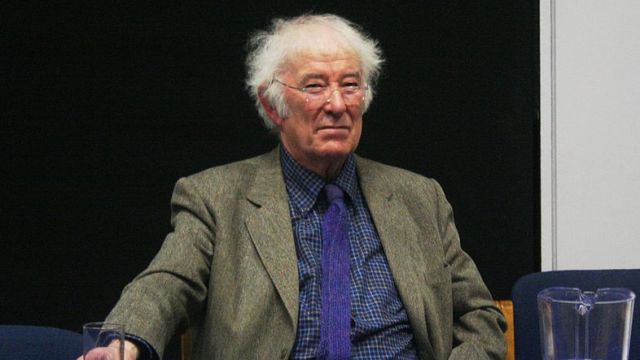10 Examples of Settled Science that Are ‘Controversial’

Many Americans are being misled on serious scientific issues, and science journalists have to spend an inordinate amount of time debunking myths which seemingly never die.
Some people object to this, claiming that nothing is ever truly “settled” in science, and therefore, everything is open for debate. While that’s technically true, there are a multitude of issues in which the evidence is overwhelmingly in favor of one side of the argument.
With that in mind, the editors at RealClearScience have compiled a list of “controversial” science topics that aren’t actually controversial.
1. Evolution Unites All of Biology
Evolution by natural selection is such a rock solid concept, that it is one of the ten greatest ideas in all of science. Opposition to the idea is particularly strong in the United States, which ranks near the bottom among westernized countries in terms of acceptance.
2. Animal Testing Is Necessary
While 93% of scientists were in favor of animal research, merely 52% of the public agrees. This is a “necessary evil” that is not considered controversial in the scientific community.
3. Embryonic Stem Cell Research Is Necessary
Those who object to embryonic stem cells often point to adult stem cells and induced pluripotent stem cells as superior alternatives. But this isn’t necessarily true.
4. Vaccines Don’t Cause Autism
To call the supposed vaccine-autism link controversial is a gross mischaracterization. More appropriate descriptors are “incorrect,” “delusional,” “immoral,” and “crazier than Jack Nicholson in The Shining.”
5. Alternative Medicine Is Bunk
Sometimes, in the wake of alternative treatments, the body gets better on its own or through a placebo effect, giving rise to the powerful “It worked for me” response. Thus, ardent followers of sham medicine are born.
6. Large Hadron Collider Won’t Destroy Earth
Some people fear that particle collisions will give rise to black holes that will proceed to swallow the Earth. But to the best of our knowledge, this is impossible. As a physicist at Fermilab recently told Nautilus, if it were found that black holes could somehow form from particle collisions, that would be a revolutionary discovery. It might even merit a Nobel Prize!
7. Cold Fusion Isn’t Real
What if you could create fusion simply and safely, for an infinitesimal fraction of its current cost? Wouldn’t that be world changing?
Inventor Andrew Rossi consistently claims that he’s done it with his energy catalyzer or “E-Cat.” But while he has devised a cool-looking contraption that resembles an eighth grader’s aluminum foil-wrapped science project, and his device does seem to mysteriously produce heat, Rossi has not provided any information as to how his device works. Nor has he published any of his results in peer-reviewed scientific journals.
8. Nuclear Power Is Safe
Consider this: Outdoor air pollution kills 2 million people every single year. The risk from nuclear power pales in comparison.
9. Climate Change Is Largely Manmade
In 2010, a Gallup poll found that 50% of those surveyed thought that climate change was manmade, while 46% believed it was due to natural causes. Numbers like those indicate controversy. And yet, not a single reputable scientific body rejects the idea that climate change is manmade.
10. GMOs Are Safe
The public is bombarded with incorrect, and often blatantly dishonest, information about GMOs, or genetically-modified organisms.
What about the effectivness of the original food pyramid? And are designer babies doomed? Freethink debunks more common myths below.
Image courtesy of Shutterstock





